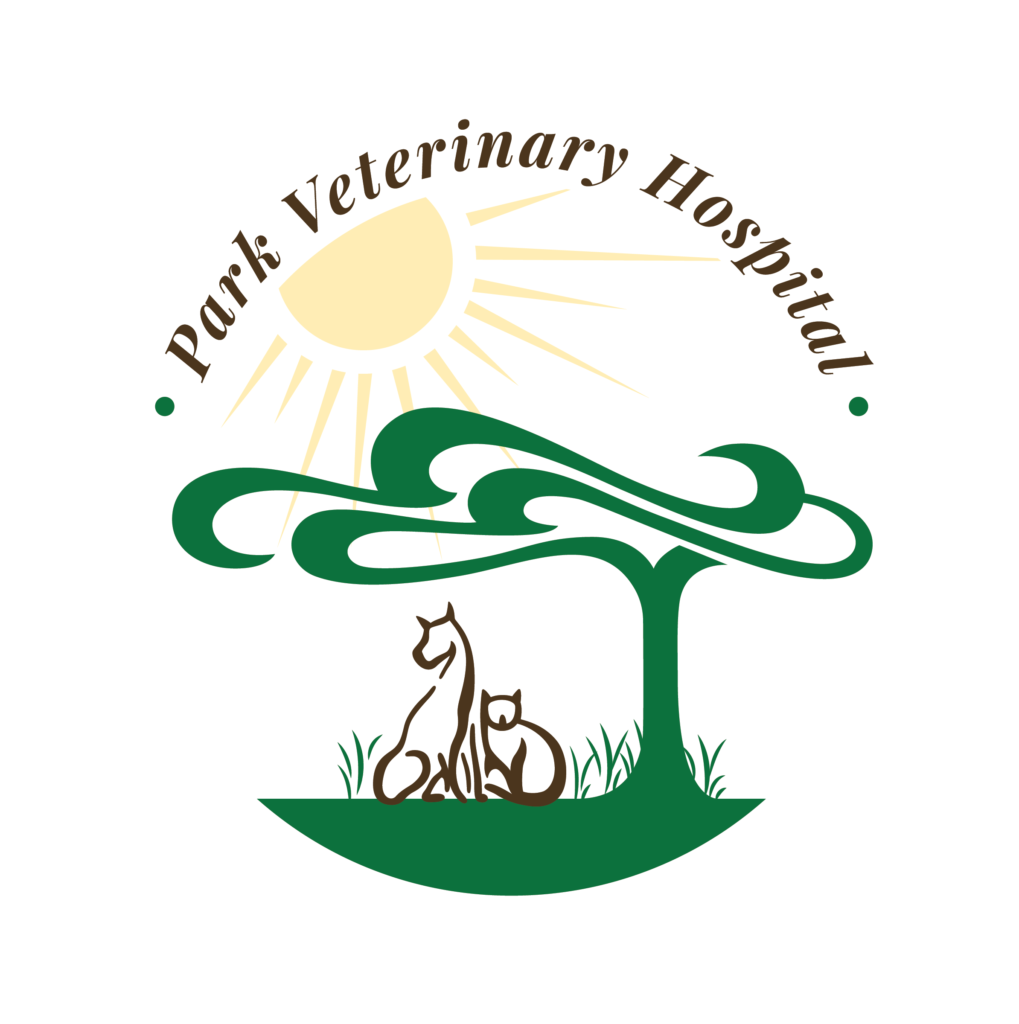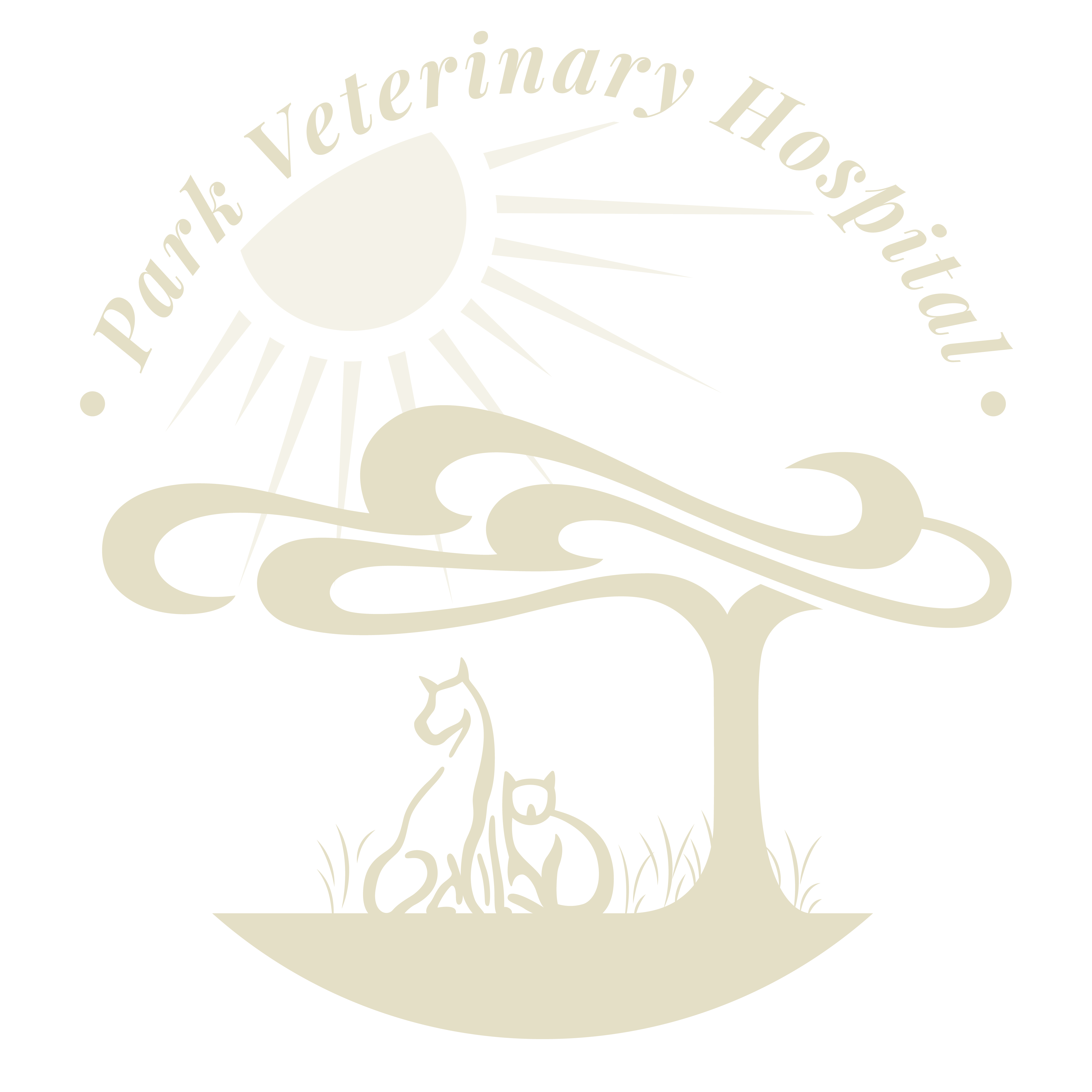Providing your pet with adequate protection is vital to their well-being. Vaccinations help protect your pet and others from various viruses and maintain their quality of life. For this reason, we recommend bi-annual vaccine appointments. The veterinarians at Park Veterinary Hospital can create an individualized vaccination timeline that best suits your pet’s age and vaccination history. Contact us to schedule your pet’s vaccination appointment today!
Why Should I Vaccinate My Pet?
We recommend indoor and outdoor pets near Oakland Park, FL be vaccinated against viruses that may spread from infected wild animals or other pets who aren’t up to date on their vaccines. In addition, some viruses are airborne which means your pet doesn’t need to have contact with another animal to become infected. These viruses can have devastating effects on your pet’s health and rapidly develop into a serious illness. Vaccinating your pet is the best and most cost-effective way to protect your dog or cat. Whether they are administered as puppy or kitten shots, or provided later as an adult vaccination, the Park Veterinary Hospital team can help you maximize your pet’s protection.

Dog Vaccinations
Dog vaccinations play a critical role in protecting your dog from many dangerous and even fatal diseases. While state law requires all dogs are vaccinated for rabies, there are a number of other vaccinations that can protect your dog from serious diseases that are easily preventable.
At Park Veterinary Hospital we have spent decades educating people about the benefits of dog vaccinations. This includes what vaccines are necessary and how they should be scheduled. Over the years we have been asked every question possible about dog vaccinations and we have compiled some of the most frequently asked ones for you here. This is only meant to be a general introduction dog vaccinations. At your dog’s next veterinary appointment, we will be happy to help you understand the vaccination recommendations for your dog.
Puppy Vaccinations
- 7-9 Weeks Old: DA2PP, Bordetella (Oral)
- 10-12 Weeks Old: DA2PP, Leptospirosis
- 13-15 Weeks Old: DA2PP, Leptospirosis, Bivalent Canine Influenza, Lyme Disease
- 16-17 Weeks Old: DA2PP, Bivalent Canine Influenza, Lyme Disease, Rabies
- Lyme disease vaccines are given depending on the lifestyle of the dog
* DA2PP – distemper, Adenovirus Type 2, parvovirus, parainfluenza.
It is important to stay current with your puppy vaccine schedule. Puppy vaccinations have been medically proven to combat many preventable diseases and illnesses that can occur without proper immunizations. Adhering to a puppy vaccine schedule is synonymous with responsible puppy care. Your puppy deserves every chance to be healthy and happy for life and vaccinations play an important role. Don’t run the risk of your puppy contracting one of these terrible diseases, when they are so easily preventable.
**Some puppies may need additional vaccinations against parvovirus after 15 weeks of age. Consult with our veterinarian at your next appointment.
Adult Vaccinations
Once your puppy reaches adulthood, and all of the core puppy vaccines have been administered, our veterinarian can begin implementing an adult dog vaccination schedule. A dog vaccination schedule consists of periodic adult boosters*, which are combinations of the same type of DA2PP vaccine administered to puppies, along with several other additions.
When dogs come in for their first one year visit, we recommend boostering their DA2PP, Leptospirosis, and Rabies vaccines as well as Canine Influenza and Lyme if the lifestyle of the dog requires these vaccines. If Kennel Cough (Bordetella) is due at this time, it should also be administered.
Side Effects
The benefits of vaccinations far outweigh any risks. Adverse reactions to dog vaccines are rare. However, as with any medication or immunization protocol, puppy vaccinations and dog vaccinations can cause some side effects. We do recommend that you have your puppy or dog vaccinated at a time when you can monitor them after the vaccination.
If your dog does experience any reaction to vaccinations, symptoms may include:
- Fever
- Sluggishness
- Loss of appetite
- Facial or paw swelling and/or hives
- Vomiting
- Diarrhea
- Pain or swelling around the injection site
- Collapse, difficulty breathing, and seizures (anaphylactic shock)
Just as with human vaccines, mild symptoms can be ignored. The majority of reactions are mild and short lived. If you suspect a more severe reaction to puppy vaccines or dog vaccines, such as facial swelling, vomiting or lethargy, you should contact our veterinarian immediately.
DAPP
The DAPP dog vaccine provides protection against canine distemper, adenovirus, para-influenza and parvo. This immunization should be given to puppies at six to eight weeks old. To eliminate the possibility of maternal antibody competition, we recommend continuing the DAPP vaccination every three to four weeks until your pup has reached 16 weeks of age. We administer this dog vaccine one year after the last puppy shot is given and annually thereafter.
Bordetella
Bordetella, also known as kennel cough, is a very common and contagious illness that affects the canine respiratory system. The bordetella dog vaccine is administered orally during the first puppy visit, and annually thereafter.
Leptospirosis
Leptospirosis, also known as lepto, is a bacterial disease that can affect both humans and pets. It occurs all over the world and leads to liver and kidney damage as well as death if left untreated. Humans and pets can get this bacterial infection by coming into contact with infected wild animals (e.g., opossums, skunks, raccoons and rodents), lepto-infested water or infected urine. Since this disease can harm animals and humans, we encourage dogs to receive this immunization via two initial doses three weeks apart, and then on a yearly basis.
Rabies
It is by law that all domesticated dogs must be vaccinated against rabies when they receive their initial shots as puppies at or after 16 weeks of age. Rabies is a deadly virus that affects the brain and spinal cord of all mammals, including dogs and humans. Therefore, it is very important to protect your pet from this virus. An adult booster shot is given a year later and administered every year afterward.
Lyme
Lyme Disease can be carried by ticks and transferred to your dog or even to people as Lyme disease is a disease of humans as well. Symptoms may range from fever and lethargy, to joint pain and lameness. Not all dogs need this vaccine, as not all dogs have regular exposure to ticks per say, so ask one of our veterinarians if this vaccine is right for your dog. Puppies or adult dogs who have not had the vaccine will receive two doses 3 weeks apart, and then one dose each year after that.
Cat Vaccinations
Cat vaccines are medically and scientifically proven to combat the incubation and transmission of crippling and fatal feline diseases. Our veterinary staff is dedicated to educating people about the importance of cat vaccinations, including what cat vaccines are necessary, and when they should be scheduled.
It is important to note that our doctors don’t follow a ‘one size fits all’ protocol for immunizations, but rather treat each patient as an individual and recommend the best possible protocols for that particular cat by looking at their risk factors such as age, overall health and lifestyle.
Over the years we have fielded many questions about cat vaccinations from concerned kitten and cat owners. Here, we have compiled some of the most frequently asked questions to help you better understand the issues surrounding cat vaccinations. This is only meant to be a general introduction to cat vaccinations, so please consult with one of our veterinarians during your next visit for specific information regarding kitten vaccinations or cat vaccinations where your feline is concerned.
Kitten Vaccinations
- 7-9 Weeks Old: FVRCP (feline distemper)
- 10-12 Weeks Old: FVRCP (feline distemper)
- 13-15 Weeks Old: FVRCP (feline distemper), FeLV (feline leukemia)
- 16+ Weeks Old: FVRCP (feline distemper), FeLV (feline leukemia), Rabies vaccine
Adult Vaccinations
Vaccines are given to your cat one year after the end of the kitten series. Combination Vaccine FVRCP, or feline distemper, FeLV for felines at risk of exposure to feline leukemia virus (cats that are unsupervised outdoors), and rabies annually as required by law.
*A combination vaccine includes feline distemper, rhinotracheitis, and calicivirus.
Side Effects
Most cats show no ill side effects from receiving a vaccine. If your cat does have a reaction, they are usually minor and short-lived. However, you should still be on the lookout for the following symptoms that might indicate negative side effects from a cat vaccine:
- Fever
- Severe lethargy
- Loss of appetite
- Vomiting
- Diarrhea
- Swelling and redness around the injection site
- Lameness
- Hives
If you suspect your cat is experiencing any ill side effects from his or her vaccine, call us immediately so we can help you to determine whether any special care is needed.
Rabies
Rabies is a deadly virus that affects the brain and spinal cord of all mammals, including cats and humans. This being the case, it is very important to protect your pet from this virus. Kittens receive this cat vaccine one time after they reach 16 weeks of age. Kittens receive this cat vaccine one time after they reach 16 weeks of age and annually thereafter.
FVRCP
FVRCP cat vaccine is our “feline distemper” vaccination that protects against feline viral rhinotracheitis, calici virus and panleukopenia. These diseases are highly contagious among cats and can have devastating effects on their respiratory and gastrointestinal systems. Our feline patients should receive this cat shot when they are kittens, starting at six weeks of age. This cat vaccination should be given every three weeks until the kitten is 16 weeks old, as it will confidently ensure there is not any maternal antibody competition. Once the initial immunizations have been administered, we administer this cat vaccine one year after the last kitten shot is given and annually afterward.
FeLV
FeLV (i.e., feline leukemia virus) is a deadly viral disease that wreaks havoc on affected cats’ immune systems and can lead to an array of cancerous conditions including leukemia. Because symptoms can remain hidden for months or even years in affected cats, many owners don’t realize there is a problem until it is too late and other cats in the household have already been exposed to the disease. For the best protection, our feline friends should start receiving this cat vaccination beginning at nine weeks of age. After the second set of immunizations is given, a booster is administered one year later, and then annually afterward.




